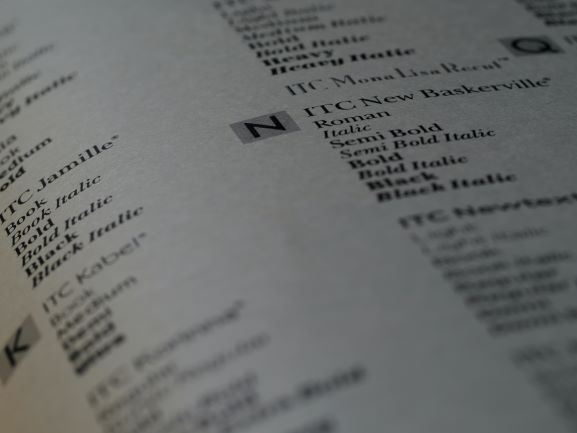
[Flash] How a Botched Pie Increased our Emotional Intelligence
| To compensate for her thwarted Thanksgiving plans this year, my sister declared that we were going to make pies.
We’ve never baked a pie that didn’t come out of a box, so we were all a bit surprised by her invitation but ready for a new tradition. I pulled some recipes off the Internet, bought the ingredients, and found my mom, sister, and niece in the kitchen. My job was to call out the ingredients while they measured, combined, whisked, stirred, beat, and poured. When we got the pies into the oven, we began to clean up. And that’s when I noticed two eggs still on the counter. “uhhhhh… Why are those eggs on the counter and not in the pie in the oven?“ Everyone stopped, gaped at the eggs, cursed, and then started laughing. Not surprisingly, the pie without the eggs was terrible. But we laughed all weekend about the pie-wreck. Apparently, all that laughing also worked on our EQ! We made it through the holiday without a single fight or altercation. According to research by Janet Gibson, a psychologist specializing in humor, laughter is a powerful tool that boosts emotional intelligence. She writes that laughter forces our cognitive and social skills to work together to monitor others’ perspectives and emotions and discern when and why laughter occurs during conversations. So, not only does a good laugh ease our anxiety, but it also trains our brain for awareness and empathy. Undoubtedly this improves relationships. And that’s exactly what happened when we laughed about the forgotten eggs. Instantly the pressure to make perfect pies evaporated. Our super high expectations of each other and the holiday suddenly disappeared. Instead, we discovered patience and understanding… and a funny story! All because we deliberately sought out the humor in, instead of the heartache from, a botched pie. © 2020. Ann Tardy and Mentor Lead. www.mentorlead.com | www.anntardy.com |








